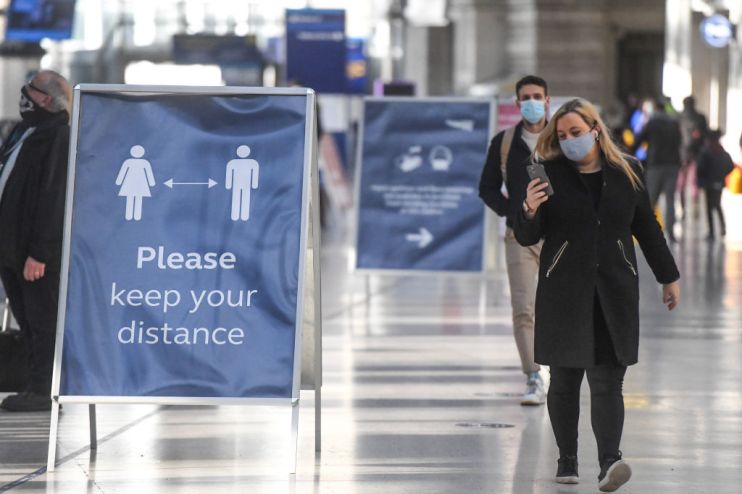Covid-19 cases surge in England, driven by unvaccinated young

The coronavirus pandemic grew “exponentially” at the beginning of the month, driven by younger age groups who had not yet received the vaccine, according to a study published today.
Researchers for the Real-time Assessment of Community Transmission (REACT) study looked at data from the period 20 May to 7 June, which showed the prevalence of infection increased by 50 per cent since the last testing round, from 0.1 per cent to 0.15 per cent.
The study’s scientists have been tracking the pandemic by inviting a representative sample of England’s population to take coronavirus swab tests, and found that of the 108,911 people tested, 135 were positive. Analysis of these positive swabs also found that the majority were the Delta variant first identified in India.
They also found that the reproduction “R rate” of people the average infected person would infect was an estimated 1.44, meaning 10 infected people would pass the virus on to 14 others on average: what is classed as fast pandemic growth.
An R rate below 1 means transmission is low enough that the epidemic is shrinking, while an R rate greater than 1 suggests the outbreak is growing.
Crucially, most cases were among those aged between 5 and 12, and 18 and 24 – prompting the researchers from Imperial College London to highlight the need for young people to get vaccinated to reduce further spread.
The study echoed the latest Public Health England data for the week ending 13 June, which shows Covid-19 cases increased at the highest rate among 20 to 29-year-olds, with 195.9 cases per 100,000 people.
“Even though we are seeing the highest infection prevalence in younger people who are less susceptible to Covid-19, if this growth continues it will drive up infections in older, more vulnerable people, as the vaccines are not 100 per cent effective and not everyone has been fully vaccinated,” said Professor Steven Riley, professor of infectious disease dynamics at Imperial.
“This would lead to more hospitalisations and deaths, and risks straining the NHS, which is why it’s vital that people take up their vaccine offer and continue to stick to the rules,” he added.
The REACT study analysed data from ten days ago, however, and the latest government data shows preliminary signs of the Covid-19 case growth rate slowing.
Last week, cases appeared to be doubling every 10 days, but this week that has slowed to something closer to 14 days.
REACT researchers also stressed that the study findings showed the vaccine was working amongst those who had received it.
“We can take quite a lot of comfort from the fact that when we look in the details, it does appear that there is very, very good protection in the older ages, where there is virtually everyone double vaccinated,” said Professor Paul Elliot, who directed the study.
“The government has clearly announced that they want to vaccinate all adults in the period between now and 19 July . That will make a very big difference and increase the total amount of population immunity,” he said.